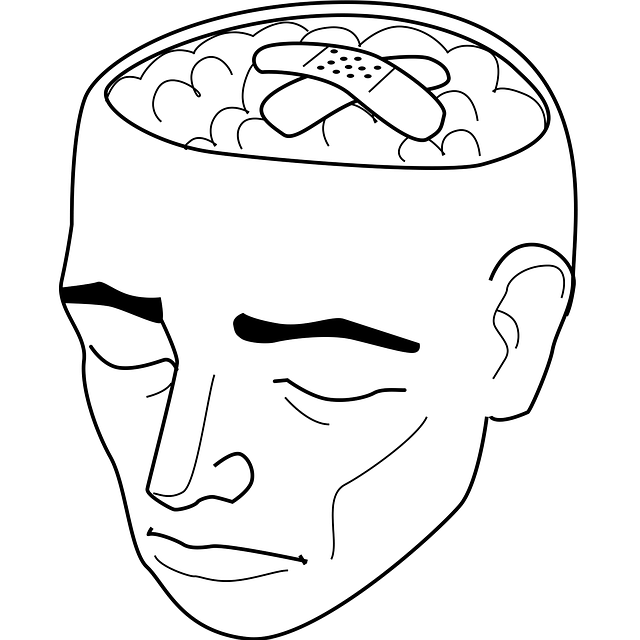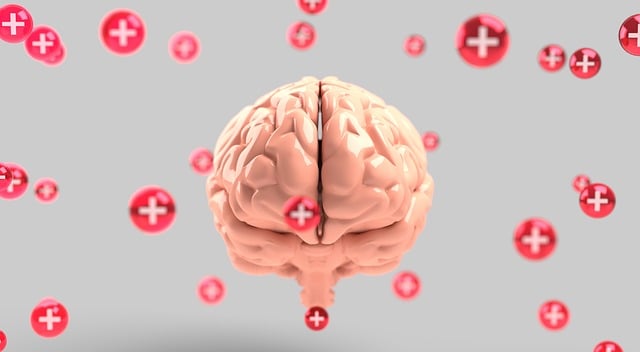TL;DR: Stress management in young children is crucial for their mental wellness, with academic pressures, peer dynamics, and family issues being common stressors. Therapy, often triggered by independent medical evaluations (IMEs), plays a vital role in identifying and addressing these triggers. Therapists use techniques like play therapy and mindfulness to empower kids with emotional coping skills, fostering resilience and preventing burnout. IMEs provide comprehensive health insights for tailored treatment plans, ensuring long-term mental health improvements and enhanced self-esteem in young patients.
Stress management techniques are essential for teaching young children to navigate life’s challenges. This comprehensive guide explores various aspects of supporting their emotional well-being. We delve into understanding stress triggers and symptoms in kids, emphasizing the significance of therapy as a safe space for expression. Additionally, we discuss independent medical evaluations to assess physical and mental health impacts. Empowering children with self-care strategies is crucial for building resilience from within, offering them tools to manage stress effectively.
- Understanding Stress in Young Children: Identifying Triggers and Symptoms
- The Role of Therapy: Creating a Safe Space for Emotional Expression
- Independent Medical Evaluations: Assessing Physical and Mental Health Impact
- Empowering Kids with Self-Care Strategies: Building Resilience from Within
Understanding Stress in Young Children: Identifying Triggers and Symptoms

Stress is a complex emotion that can significantly impact young children’s mental wellness and overall development. Understanding its triggers and symptoms is crucial for implementing effective stress management techniques in teaching practices. Young minds, especially those navigating their early years, may struggle to express or comprehend their feelings, making it essential for educators and caregivers to be vigilant. Common stressors for kids include academic pressures, peer interactions, changes in routines, and even family dynamics.
Identifying these triggers requires keen observation and often involves independent medical evaluations to assess any underlying health issues contributing to the child’s stress levels. Symptoms can manifest physically, such as headaches or stomachaches, and behaviorally through aggression, withdrawal, or excessive crying. By recognizing these signs early on, therapy for young children can be tailored to address specific needs, fostering burnout prevention and promoting a healthier mental wellness podcast series production in their lives.
The Role of Therapy: Creating a Safe Space for Emotional Expression

Therapy plays a pivotal role in stress management by offering young children a safe and non-judgmental space to express their emotions. This is particularly crucial, as early emotional development significantly influences a child’s ability to cope with stress later in life. Through therapy, children can learn healthy ways to process their feelings, which is essential for their overall well-being and mental health. Independent Medical Evaluations (IMEs) often form a basis for referring a child to therapy, highlighting the need for professional support when signs of distress are identified.
For effective stress management, therapists employ various techniques tailored to each child’s unique needs. These methods can include play therapy, cognitive-behavioral strategies, and mindfulness exercises, all designed to help young minds navigate stressful situations. By fostering open communication, therapists empower children with the skills to identify and manage their emotions, thereby preventing burnout at an early age. This proactive approach is in line with broader initiatives like Community Outreach Program Implementations and Trauma Support Services, which aim to promote resilience and overall mental health within communities.
Independent Medical Evaluations: Assessing Physical and Mental Health Impact

Independent Medical Evaluations (IMEs) play a crucial role in assessing the physical and mental health impact on young children undergoing therapy. These evaluations are essential tools for healthcare providers to gain comprehensive insights into a child’s well-being, particularly when considering long-term treatment plans. By examining various aspects of a child’s health, IMEs help identify potential risks and benefits associated with specific therapies, ensuring the best possible care tailored to individual needs.
In the context of burnout prevention strategies for healthcare providers, IMEs contribute to early detection of mental health issues, including stress and anxiety. This proactive approach can significantly influence the overall effectiveness of treatment by addressing underlying concerns before they escalate. Moreover, self-esteem improvement is another benefit, as IMEs provide a platform to monitor progress and adjust therapeutic methods accordingly, fostering a healthier and more positive mindset in young patients.
Empowering Kids with Self-Care Strategies: Building Resilience from Within

Teaching young children stress management techniques is like empowering them with superpowers—it equips them with the tools to navigate life’s challenges head-on. Through therapy for young children and independent medical evaluations, parents and educators can identify each child’s unique needs. This early intervention paves the way for building resilience from within.
By incorporating practices like mindfulness meditation and emotional healing processes, kids learn to recognize and manage their feelings. Conflict resolution techniques become second nature, fostering healthy interactions with peers. These self-care strategies not only help children cope with stress but also enhance their overall well-being, preparing them to face the world with confidence and equilibrium.
In conclusion, managing stress in young children is a multifaceted approach that combines understanding their unique emotional landscapes, providing safe therapeutic spaces, and equipping them with self-care tools. By integrating these strategies, including therapy for young children and independent medical evaluations, parents and caregivers can foster resilience and support holistic well-being. This comprehensive understanding of stress management empowers kids to navigate life’s challenges with increasing confidence and emotional intelligence.












